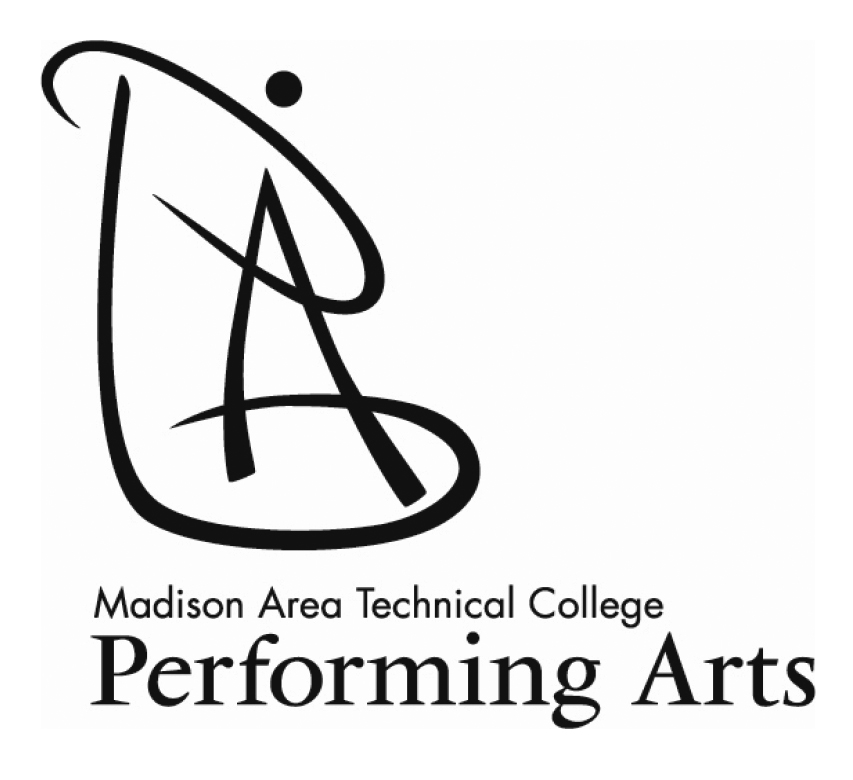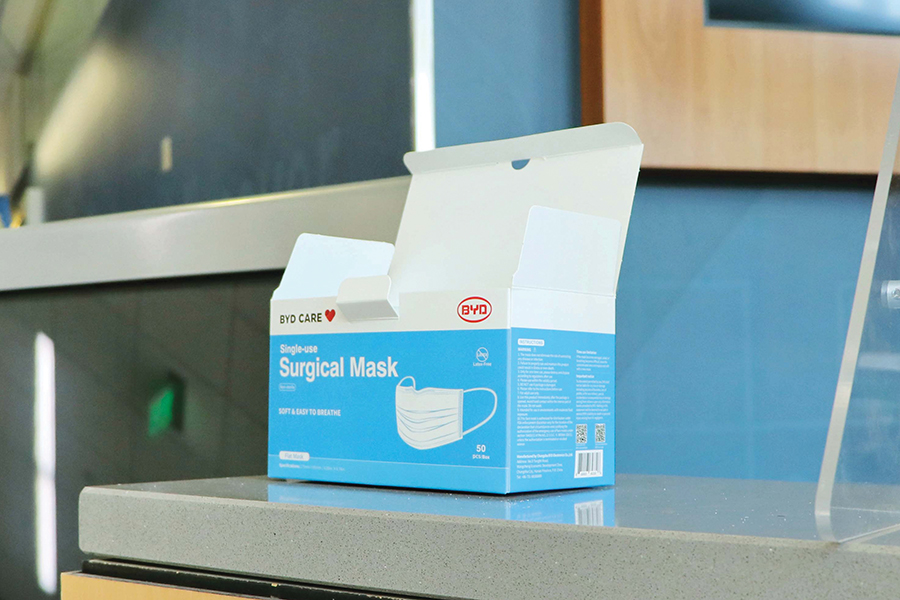Masks may not be perfect, but they’re one more layer of protection
Madison College has face coverings available at its entryways as a way to help visitors abide by the college’s mask mandate.
September 29, 2021
It has become a new norm for most of us, walking out of our houses, into stores, onto trains and buses, to throw a mask on. During the beginning of the pandemic, this seemed like a practical precaution to take to ensure everyone’s safety from COVID-19. But now, in 2021, many people are starting to doubt the effectiveness of the masks. Are they effective or not? Now that there is a vaccine, why wear masks?
There are plenty of opinions out there to say if masks provide any protection from the virus or not. Especially now that a vaccine is out, there is an argument to be said about masks being obsolete. Yet, in most places, we still must wear them. The Center for Disease Control recommends wearing a mask in addition to getting vaccinated, social distancing, and frequently washing hands. The World Health Organization also declares that masks are an effective protection against the virus, especially to those who have not been fully vaccinated.
I think there is a valid argument, though, in being curious about the overall protection masks give to us. If the vaccine protects, why should we wear a mask? If the masks protect, why get the vaccine? I am sure to many it seems the only way we are told to protect ourselves from COVID-19 is to do both. Yet, even then, the CDC says that getting the vaccine, masking up, and frequently washing hands and social distancing still may not even fully protect you from the virus. So, if we protect ourselves to the best of our ability, will it really work? Can we not really protect ourselves from this virus with masks?
The answer, I believe, is this: you can never fully protect yourself from any virus. There are plenty of precautions you can take, there are ways to be incredibly safe and follow every rule and guideline down to the last detail, but still, there is always a chance you can get it. Masks might help, but never fully. The vaccine helps, but not fully. Social distancing, washing hands, and natural immunity help, but not fully. All of these things combined should help, and they do! But you are still not fully protected, and to be honest, probably never will be. Should you still take the precautions then? Absolutely.
So, do masks work? I think that question is too tricky to give an absolute answer. Do masks work to fully protect you from the virus with no other precautions? No. Do they provide protection if someone near you with the virus, say, sneezes? Yes. Do they provide complete protection if you include all the other safety guidelines? Again, according to the CDC, no.
Does that mean masks are obsolete? No. They may protect you partly on their own, but just like every other precaution, they are not 100% effective. But they are a safe way to feel and be at least slightly protected when going into public. Some people may not feel protected by them, and others might. Really, it is down to personal choice and how safe someone personally may feel by wearing a mask, and what other precautions you may be taking as well to ensure your safety and the safety of others.
Masks may not be fully effective to protect anyone completely from COVID-19, but in the end, it is still one more precaution to take if you are worried about the virus, and no matter what, we should all strive to be safe!
































